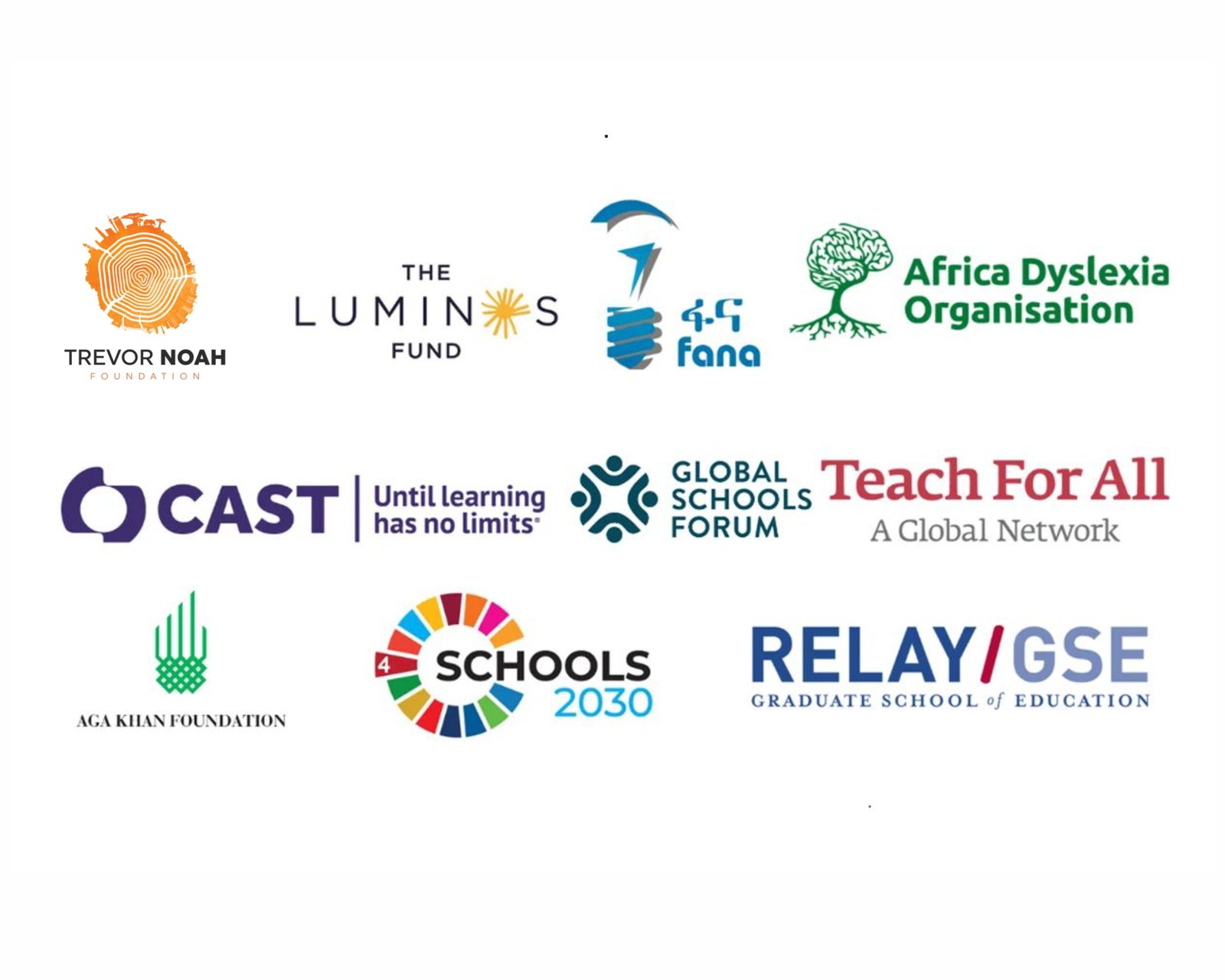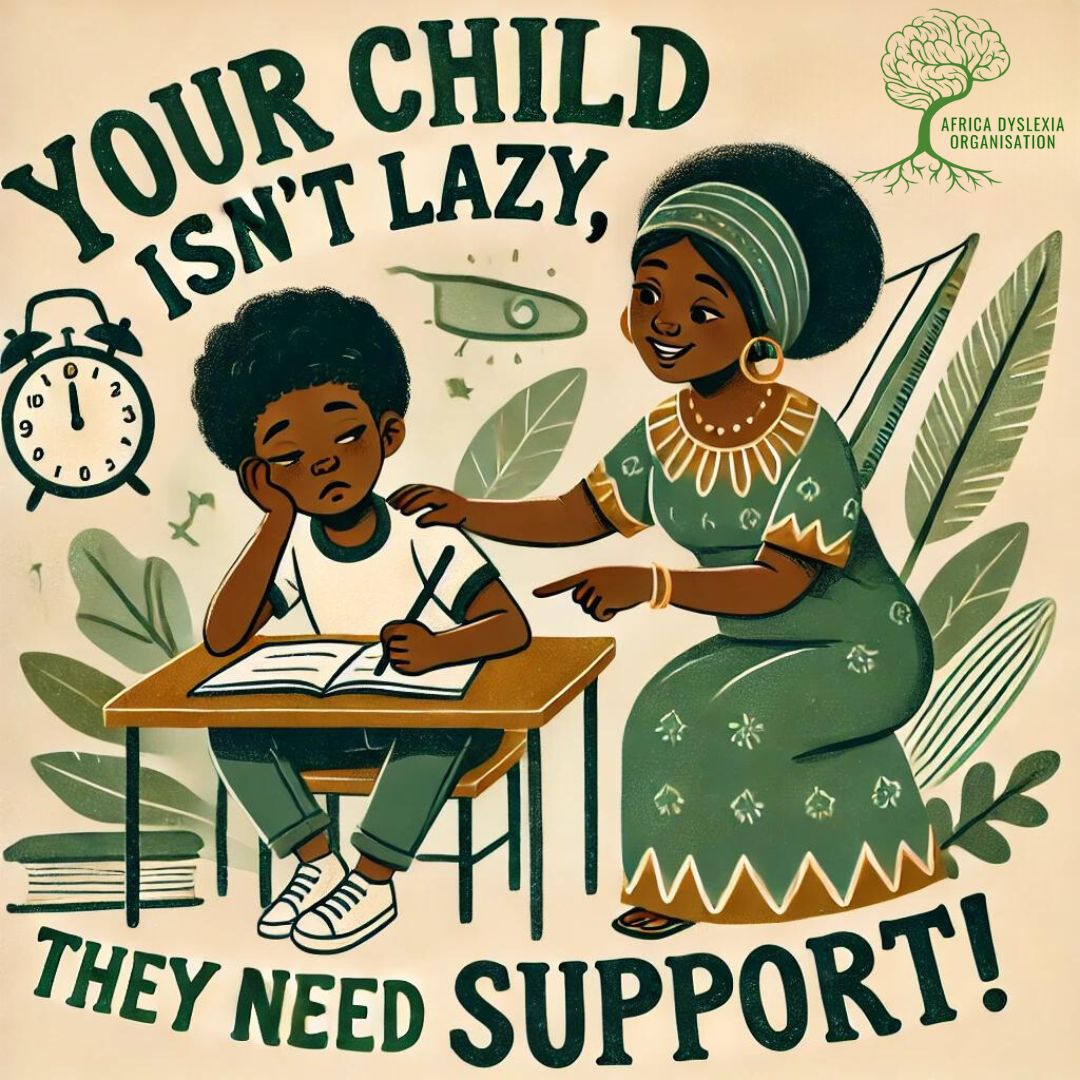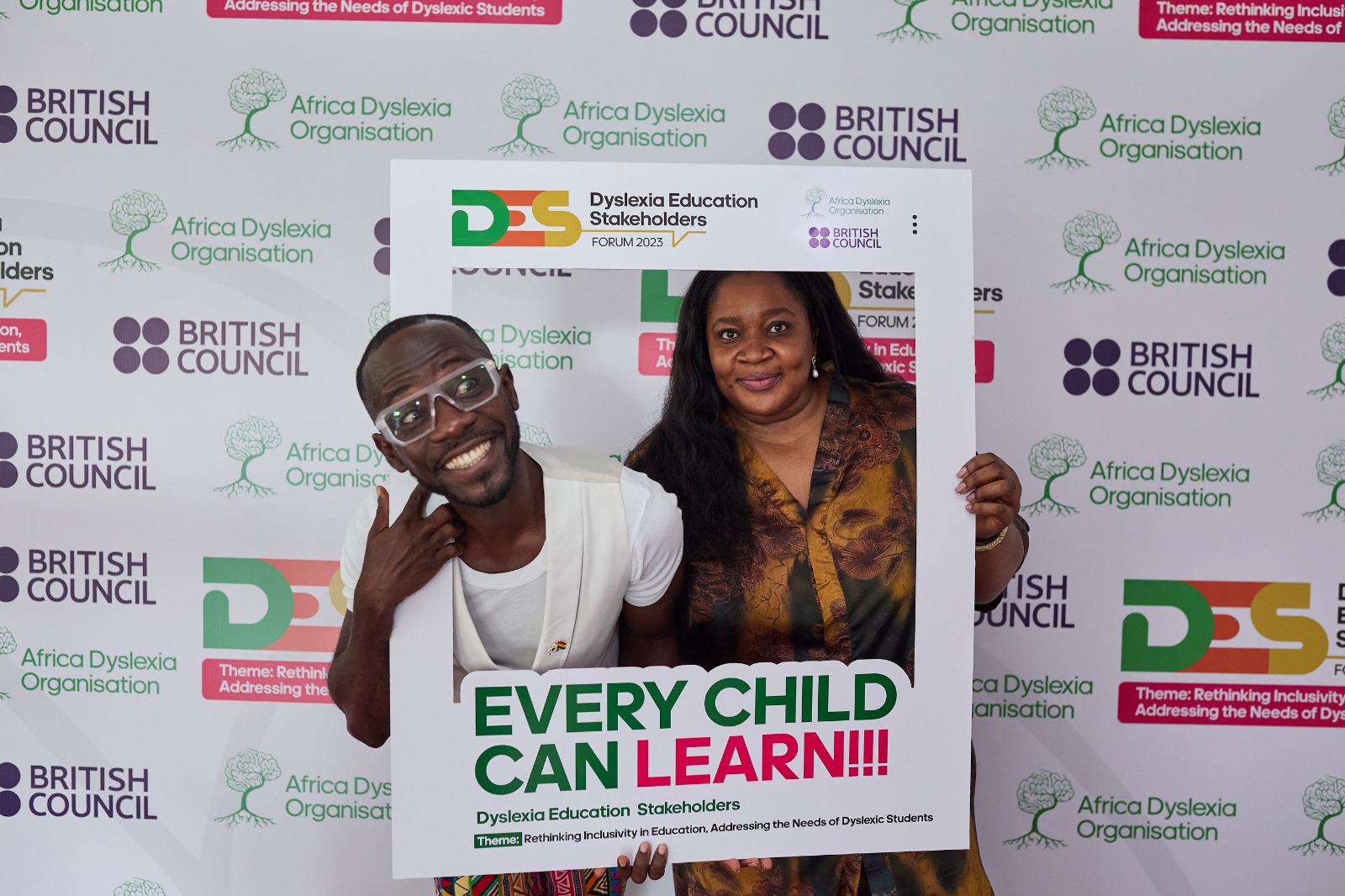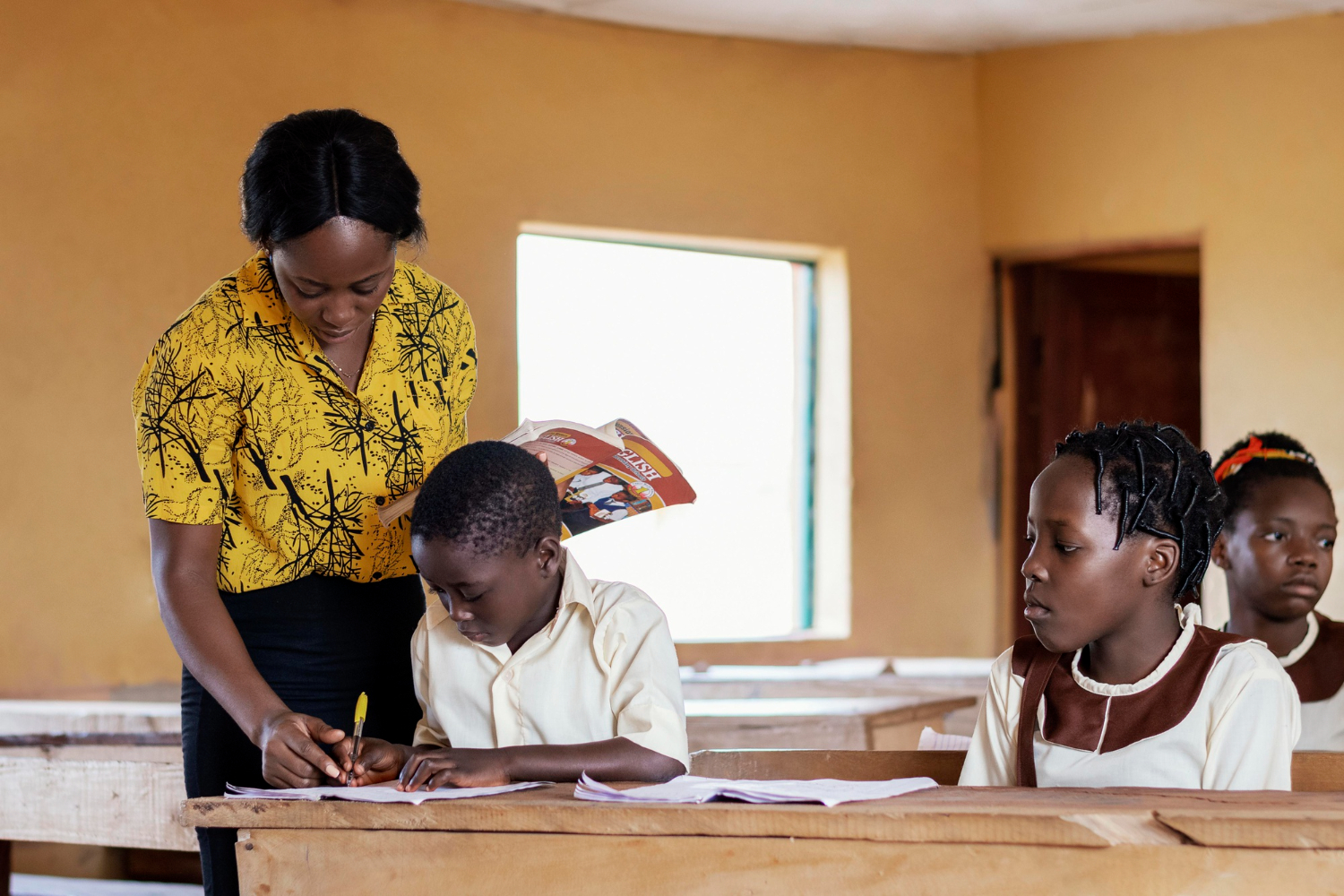
Learning for All: Global Vision for Inclusive Education by 2030
On the day that we honor the United Nations International Day of Persons with Disabilities, the following organizations came together to share our joint vision for enabling more Inclusive Education worldwide. The global commitment to equitable and quality education for all learners, particularly those with learning differences and disabilities, stands at a critical juncture.







